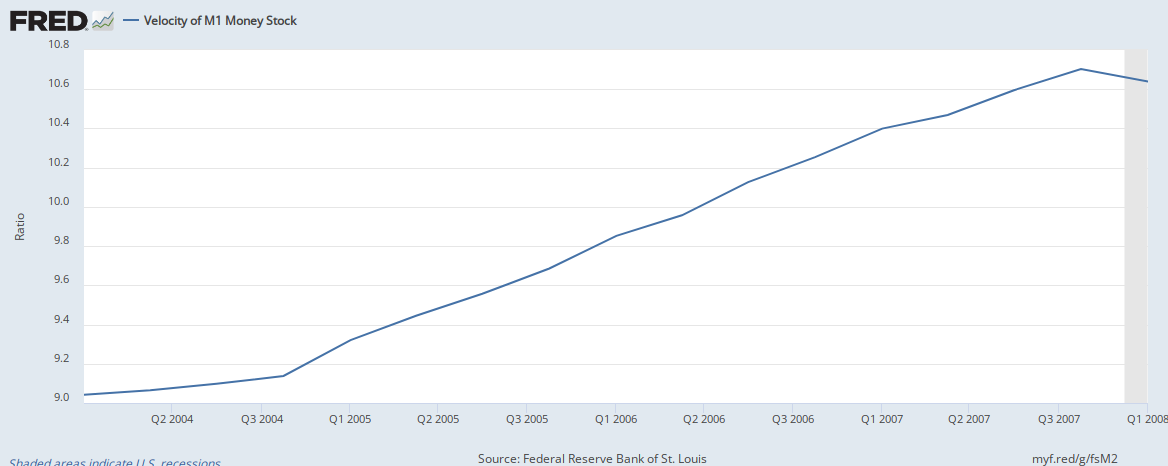[Trump's CEA Charirman Kevin] Hassett throws around the terms scientific and peer-reviewed, yet there is no peer-reviewed support for his central claim that cutting the corporate tax rate from 35 percent to 20 percent would raise wages by $4,000 per worker. The claim is absurd on its face. The cut in corporate tax rates from 35 percent to 20 percent would cost slightly less than $200 billion a year. There is a legitimate debate among economists about how much the cut would benefit capital and how much it would benefit labor. Hassett’s “conservative” claim that the cut would raise wages by $4,000 in an economy with 150 million workers is a claim that workers would benefit by $600 billion — or 300 percent of the tax cut!
The theory endorsed by the CEA relies on three steps to get from corporate tax cuts to higher wages. First, the corporate tax cut increases companies’ after-tax returns on investment. As a result, firms will make more investments in plant and equipment than they would in a higher-tax-rate environment. Second, greater investment by firms leads to higher productivity by the workers who put those investments to work. Third and finally, workers will receive increased wages in line with those productivity gains.
Unfortunately, this theory just doesn’t map onto today’s reality. For one thing, it is doubtful corporate investment would increase. Today’s corporate investments are not unduly burdened by taxes. In fact, quite the opposite. Thanks to the intersection of different tax preferences, the effective (real-world) corporate tax rate on debt-financed investments in equipment today is
negative. That means taxpayers as a whole already subsidize these investments. Moreover, there is no evidence that companies today are capital constrained — interest rates remain near record lows, and credit is plentiful. Companies like
Apple find it trivial to raise large sums via borrowing.
Beyond this, the administration’s tax cut proposal is coupled with a territorial tax system, which permanently
exempts foreign income from taxation; this will further tilt the playing field in favor of foreign, rather than US, investment. The CEA’s argument for wage increases is based on an enormous amount of new investment occurring in the United States, yet the administration also proposes to simultaneously cut US taxes on foreign income to zero. (Previously, foreign income was taxable in the United States upon repatriation.)
E
ven if a burst of new US investments were to occur, it is unclear that more investments in computers and robots would increase overall demand for labor. While the workers left operating the machines might be more productive than they were previously, such investments also displace current workers.
We also have a great deal of data on productivity gains versus wage growth. The two were closely linked for decades, but since about 1980 they have diverged, with wage growth falling far behind productivity growth, for reasons having nothing to do with corporate tax burdens. This means investors are capturing an ever-increasing share of productivity gains at the expense of workers. The CEA paper acknowledges that this problem has existed in the recent past, but then assumes it will disappear. But it is unclear why the proposed tax cuts will provide the magic elixir required for higher productivity to translate into wage gains.
Finally, America’s most successful firms already capture economic returns far greater than that required to make their investments worthwhile. (Economists call these supersized returns “economic rents.”) Reducing the corporate tax rate provides a windfall to investors in those firms, but it does not lead to greater investment. In fact, taxing supersized returns does not distort investment at all, since investment decisions are not affected by taxes on rents. So, the benefits from cutting the tax rate on economic profits in these cases redound entirely to shareholders.
It doesn't surprise me that hucksters like Trump and Hassett are selling the Brooklyn Bridge again. I wish it surprised me that so many people are lining up to buy it again. But it is just flat stupid to imagine that tax cuts that overwhelmingly benefit the wealthy are really designed to help average people. There are much easier and more obvious ways to do that -- if anyone were actually interested in that.


